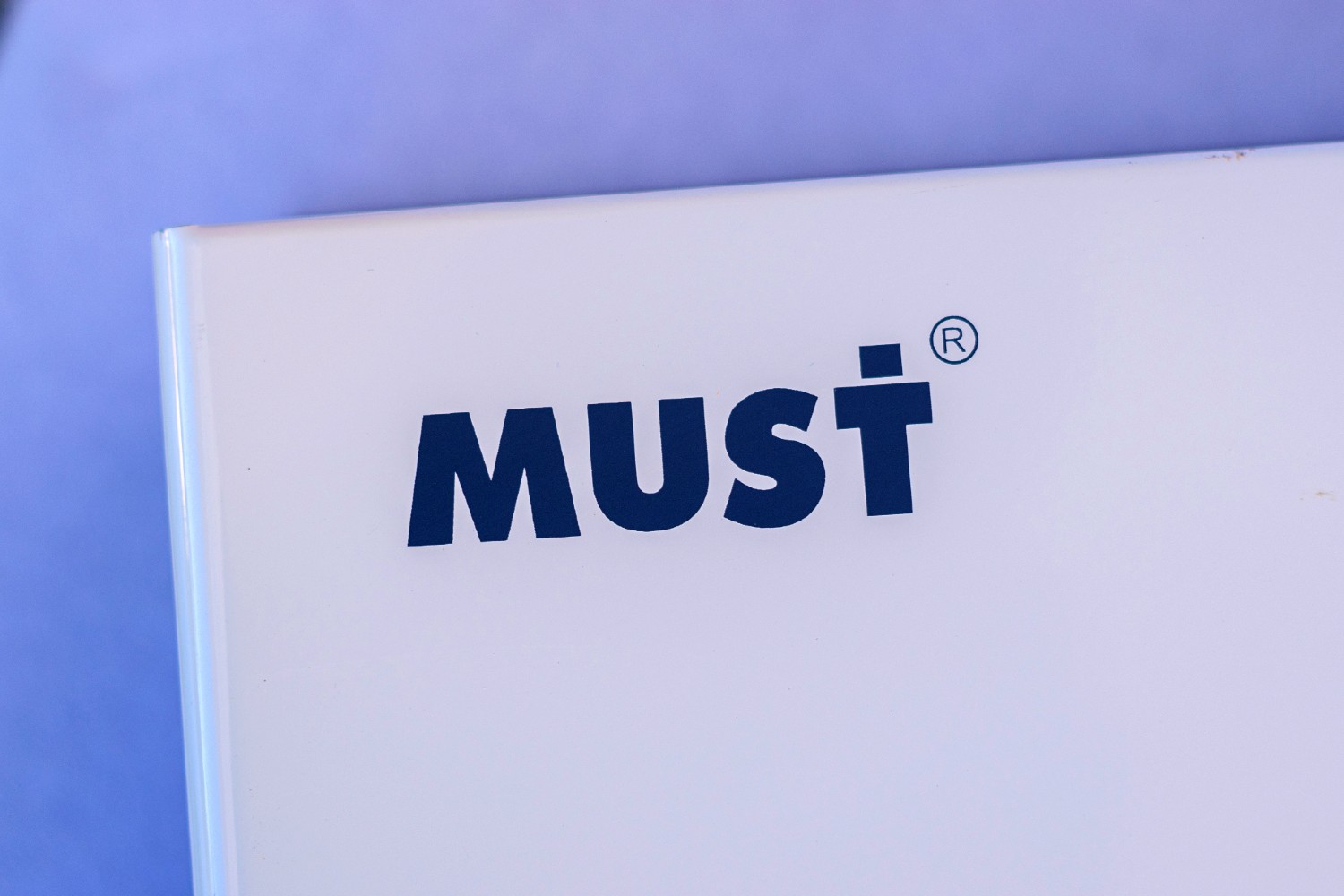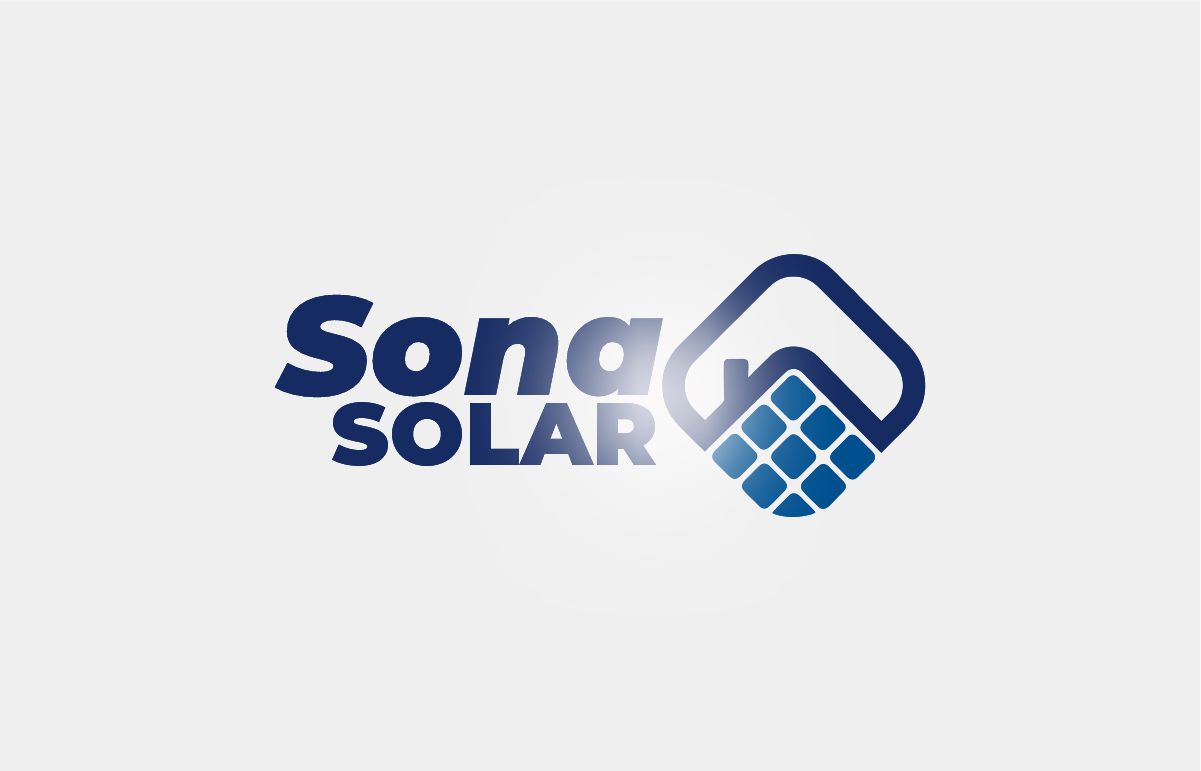Product images and specifications are for illustrative purposes only and may not reflect the exact items available. All solar products are subject to availability. Please contact us for current inventory and pricing.
Feel free Call us or WhatsApp us on +263 78 922 2847 and +263 78 864 2437.
For Borehole Drilling Services WhatsApp us on +263 77 389 8979 or +263 71 918 7878.
In Zimbabwe, where power outages have become more frequent, investing in a solar power system with an inverter and batteries has become essential for many households and businesses.
If you are considering going solar, one common question that arises is: "How many 48V batteries do I need for a 5000W inverter?" This guide will help you understand the key factors involved in choosing the right number of batteries, so you can maximize your energy storage, increase the efficiency of your solar system, and ensure a reliable power backup.
The Growing Need for Reliable Power in Zimbabwe
In Zimbabwe, power outages and unreliable electricity supply are an unfortunate reality. To combat these challenges, solar power systems, particularly those that incorporate inverters and batteries, have become an increasingly popular solution. By harnessing the power of the sun, these systems not only reduce reliance on the national grid but also offer a dependable source of electricity during load shedding and power cuts.If you are considering installing a solar power system, you may be wondering: How many 48V batteries do I need for a 5000W inverter? Understanding the right number of batteries is crucial for optimizing energy storage, ensuring that your system meets your power needs, and extending the lifespan of your setup.
 |
| How Many 48Volts Batteries Do I Need for a 5000W Inverter! |
We will explore everything you need to know to calculate the number of 48V batteries required for a 5000W inverter, taking into account battery capacity, inverter specifications, and your power consumption. Whether you’re a homeowner, business owner, or someone simply interested in solar energy solutions, this guide will help you make informed decisions.
What is a 5000W Inverter?
A 5000W inverter is a powerful device that converts direct current (DC) electricity from solar panels or batteries into alternating current (AC), which is the type of power used by most household appliances and electrical equipment. With a power rating of 5000W (5kW), these inverters are capable of handling multiple household appliances simultaneously, from lights and fans to refrigerators and even air conditioners.For example, a 5000W inverter can power several devices at once, such as a refrigerator (about 200-400W), lights (approximately 100W each), and other small electronics. This makes it ideal for medium to large households and businesses that require reliable power backup.
How Does an Inverter Work?
An inverter works by converting the energy stored in your batteries into usable AC power. Since solar panels generate DC electricity, the inverter plays an essential role in converting it into AC power for your appliances. Inverters come in various types and sizes, but for the purposes of this article, we’ll focus on 5000W inverters commonly used in residential and small business applications.The efficiency of your inverter determines how much of the power generated by your solar panels is actually used to power your devices. A higher-efficiency inverter will waste less energy as heat, ensuring that more of the stored energy from your batteries is available for use.
The Role of Inverter Efficiency in Battery Selection
The efficiency of the inverter will impact how much energy is drawn from the batteries. For instance, a 95% efficient inverter means that only 5% of the energy is lost as heat, while 95% is usable. This means you can get more power from your batteries, reducing the number of batteries you need.Choosing the Right Batteries
Types of Solar Batteries
There are two main types of batteries used in solar energy systems: lead-acid and lithium-ion. Both types have their advantages, but lithium-ion batteries are typically more efficient, have a longer lifespan, and require less maintenance than lead-acid batteries.- Lead-Acid Batteries: These are less expensive but have a shorter lifespan and lower depth of discharge (DoD). Typically, they can only be discharged up to 50% of their total capacity.
- Lithium-Ion Batteries: These are more expensive upfront but offer better performance. They last longer (up to 15 years or more) and can be discharged deeper, allowing for more usable energy storage.
Battery Capacity and Voltage Explained
Battery capacity is measured in amp-hours (Ah), and it determines how much energy a battery can store. The voltage of the battery (e.g., 12V, 24V, 48V) indicates the amount of electrical potential it can supply. |
| How Many 48Volts Batteries Do I Need for a 5000W Inverter! |
Key Factors to Consider When Selecting Batteries
When selecting batteries, consider the following factors:- Voltage (48V is typical): A higher voltage system (such as 48V) allows for greater efficiency as it reduces the current needed to supply power, meaning less energy is lost in the form of heat.
- Battery Capacity (Ah): Choose batteries with sufficient capacity to meet your power needs and backup time.
- Depth of Discharge (DoD): Ensure that the batteries you choose allow for deep discharge (at least 80%) for more usable energy.
Calculating Battery Requirements
Step-by-Step Guide to Battery Calculation
To determine how many batteries you need, you must first calculate your total energy requirement. This depends on the power you want to use and for how long.For example, let’s say you want to run a load of 5000W for 5 hours:
Energy Required (Wh) = 5000W × 5 hours = 25,000Wh
Next, calculate the number of batteries required based on their capacity. If you're using 48V batteries with a capacity of 100Ah:
One 48V Battery Capacity = 48V × 100Ah = 4800Wh
Now, divide the total energy required by the battery capacity:
Number of Batteries = 25,000Wh ÷ 4800Wh ≈ 5.2
Therefore, you would need 6 batteries (rounding up) to power a 5000W inverter for 5 hours.
How to Estimate Load and Battery Runtime
You can estimate the runtime of your system by dividing the battery capacity by the total load you want to power. For instance, if you have one 48V, 100Ah battery, it would provide:Runtime (hours) = Battery Capacity ÷ Load
If your load is 1000W, your 48V, 100Ah battery will last:
100Ah × 48V ÷ 1000W = 4.8 hours
This estimation helps in understanding how long your system can provide power without recharging or drawing from the grid.
The Impact of Voltage on Efficiency
Why a 48V Inverter is Common in Solar Systems
The 48V inverter is commonly used because it provides an optimal balance of performance and cost. It can support a wide range of appliances and loads while maintaining efficiency in both energy conversion and storage.How Voltage Affects Current and Efficiency
As the voltage of the system increases, the amount of current needed to produce the same power decreases. For example, a 48V system will require less current than a 12V system to produce 5000W, reducing the energy lost as heat and minimizing the need for thick, costly cables.The Benefits of Upgrading to Higher Voltage Inverters
If you find that you require more power or longer backup times, consider upgrading to a 96V or even 120V inverter. Higher voltage systems are more efficient and require fewer batteries to achieve the same performance, although the upfront cost may be higher.Common Mistakes and How to Avoid Them
- Overestimating Battery Capacity: Always consider the usable capacity (taking into account the DoD) and calculate your needs accordingly.
- Underestimating Power Requirements: Accurately estimate the appliances you want to power, factoring in their wattage and usage hours.
- Choosing the Wrong Battery Type: Lithium-ion batteries are generally more efficient and longer-lasting compared to lead-acid batteries, even though they come with a higher initial cost.
Maintenance and Lifespan of Solar Batteries
To ensure the longevity of your batteries, it’s crucial to follow proper maintenance practices:- Clean batteries regularly to prevent dust buildup.
- Check the terminals and connections for corrosion.
- Ensure proper ventilation to prevent overheating.
Lithium-ion batteries, when maintained correctly, can last up to 15 years, while lead-acid batteries may last around 5-7 years.
Additional Tips for Optimizing Your Solar System
- Optimize Solar Panel Size: Ensure your solar panels generate enough power to charge your batteries during the day, balancing your daily energy consumption.
- Monitor Power Usage: Consider using a power monitoring system to track how much energy you use and identify ways to reduce consumption.
Powering Your Home with Solar Efficiency
Choosing the right number of 48V batteries for your 5000W inverter is critical to ensuring a reliable and efficient solar power system. By understanding your energy needs, battery capacity, and the role of inverter voltage, you can create a setup that meets your requirements without wasting energy.With solar energy becoming increasingly popular in Zimbabwe, making informed decisions about your solar system will help you enjoy uninterrupted power while saving on electricity costs. For expert advice and support on battery selection, system design, and installation, contact Sona Solar Zimbabwe and take the first step toward energy independence today.
Frequently Asked Questions (FAQs)
1. How many 48V batteries do I need for a 5000W inverter?
For a 5000W inverter running for 5 hours, you would need approximately 6 batteries with 100Ah capacity.2. Can I use lead-acid batteries with my solar system?
Yes, lead-acid batteries can work with solar systems, but lithium-ion batteries are more efficient, last longer, and are more maintenance-friendly.3. What is the ideal depth of discharge for my batteries?
It is recommended to discharge lithium-ion batteries to around 80% of their capacity for optimal performance. Lead-acid batteries should generally be discharged to no more than 50%.4. How do I maintain my solar batteries?
Regular maintenance involves cleaning the terminals, ensuring proper ventilation, and monitoring battery charge levels to avoid deep discharges.For more details on selecting the right inverter and battery system for your home or business, visit Sona Solar Zimbabwe today or reach out to their expert team for personalized advice.
Sona Solar Zimbabwe - Your One-Stop Shop for Affordable, Top-Tier Solar Solutions.
Named after the Gaelic term (Old Irish Word) Sonas - for Good Fortune (Prosperity and Happiness) - Sona Solar Zimbabwe is committed to bringing Prosperity and Happiness to its customers through Solar Solutions in Zimbabwe. We deliver turn-key energy efficient solutions to meet client energy and budgetary needs and reduce environmental impact.Sona Solar Zimbabwe Is Customer Centric. We offer a Comprehensive One-Stop-Shop experience and Bridge The Huge Gap Between Getting The Best, Quality Products and Getting it at an Affordable Price.
Feel free Call us or WhatsApp us on +263 78 922 2847 and +263 78 864 2437.
For Borehole Drilling Services WhatsApp us on +263 77 389 8979 or +263 71 918 7878.

Sona Solar Zimbabwe
Sona Solar Zimbabwe7 Frank Johnson Avenue,
Avenues, Eastlea
Harare, Zimbabwe.
Call Us Today:
Solar Sales: +263 78 293 3586
Solar Sales: +263 78 922 2847
Operations: +263 78 864 2437
Sona Landline: +263 24 2797750
Email: sonasolarzw@gmail.com
Website: www.sonasolar.co.zw

Borehole Experts Zimbabwe
Borehole Experts Zimbabwe7 Frank Johnson Avenue,
Avenues, Eastlea
Harare, Zimbabwe.
Call Us Today:
Borehole Sales: +263 77 389 8979
Borehole Sales: +263 71 500 3777
Borehole Operations: +263 71 918 7878
Borehole Landline: +263 24 2797750
Email: boreholeexpertszw@gmail.com
Website: www.boreholeexperts.co.zw
Choosing The Best Solar Company in Zimbabwe:
Choosing a solar panel installation company can be time-consuming. It is easy to be overwhelmed when comparing the reputation, price, warranty, and panel options of different solar providers.Sona Solar Zimbabwe stands out as one of the most reputable companies in Zimbabwe. Sona Solar Zimbabwe offers reliable systems with a 25-year warranty, 10-year workmanship warranty, and two-year production guarantee.
Sona Solar Zimbabwe prides itself on offering original solar products and accessories. Sona Solar Zimbabwe also maintains partnerships with reputable brands around the world.

.jpg)


.jpg)
.jpg)




.jpg)





